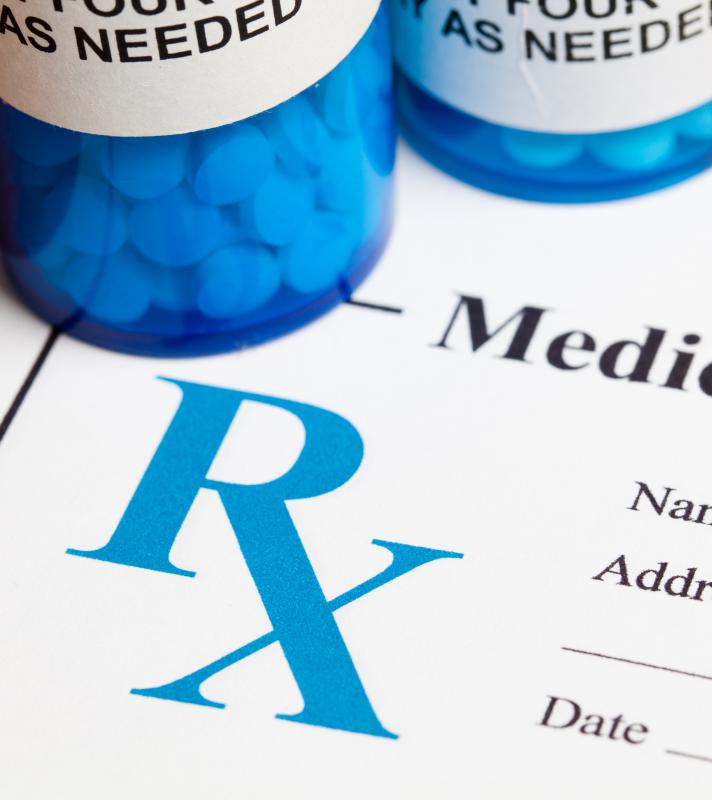At WiseGEEK, we're committed to delivering accurate, trustworthy information. Our expert-authored content is rigorously fact-checked and sourced from credible authorities. Discover how we uphold the highest standards in providing you with reliable knowledge.
How Effective Are Antidepressants for Bipolar?
The use of antidepressants for bipolar disorder is controversial. There are some doctors who believe they have limited effectiveness with a small percentage of the bipolar population. It’s generally known, though, that antidepressant use when combined with bipolar disorder is of great risk to the patient. Antidepressants may cause development of manic or hypomanic symptoms. While they may alleviate some depression, they frequently shift patients onto the opposite pole, which does not lead to effective regulation of symptoms, and can be dangerous.
Individuals with unipolar depression or major depressive disorder develop bipolar symptoms at a rate of one to two percent of the population per year. As suggested by Goodwin and Jamison in their foundational work on bipolar disorder, Manic-Depressive Illness: Bipolar Disorders and Recurrent Depression, over time a significant percentage of people with depression may go on to develop bipolar. This means that symptoms of the depressed person should always be watched for potential signs of hypomania or mania, and if these emerge, a physician is advised to discontinue antidepressant therapy.

The risks of antidepressants for bipolar disorder are that they can evoke mania or hypomania and they don’t stabilize mood to a euthymic or “normal” state. Mania risks a person behaving in criminal ways, in suicidal ways, or in ways that so wantonly disregard personal safety, accidental or intentional death is possible. Mania can also cause delusional behavior.

In the hypomanic state, people can commit crimes, destroy financial safety or interpersonal relationships, and make a variety of poor decisions. Both states can involve hypersexuality for instance, which could risk disease and destroy fidelity to partners. These are serious, difficult states, and they are worth avoiding if at all possible by not using antidepressants for bipolar disorder.

Despite these risks, a number of bipolar patients receive some antidepressant treatment. Some doctors use extremely limited amounts of these medicines to address resistant depressive states. A few patients take an antidepressant along with mood-stabilizing or anti-convulsive drugs. The current opinion on this practice in medical literature is principally negative, though a few anecdotal stories of patient stability on antidepressants exist.
Contemporary medical opinion on best practices doesn’t recommend antidepressants for bipolar disorder. Instead, the most commonly prescribed drugs are lithium, which continues to be a top performer, valproic acid (Depakote®), carbamazepine (Tegretol®), and lamotrigine (Lamictal®). Sometimes two of these medicines are combined for better symptom control. Other medications may be added depending on the patient’s symptoms. Quetiapine (Seroquel®), aripiprazole (Abilify®), or other atypical antipsychotics may be appropriate and may target treatment-resistant depression. Anxiety might be controlled with benzodiazepines like alprazolam (Zoloft®), clonazepam (Klonopin®) or diazepam (Valium®).
It’s often stated that the best treatment is the one that works. Perhaps antidepressants for bipolar disorder make sense with a limited number of patients. Due to their inherent risk, a prescribing physician should make certain a bipolar client who uses these is carefully monitored and has therapeutic and family support so that adverse effects are quickly noted and reported.
AS FEATURED ON:
AS FEATURED ON:













Discuss this Article
Post your comments